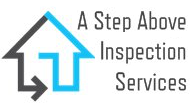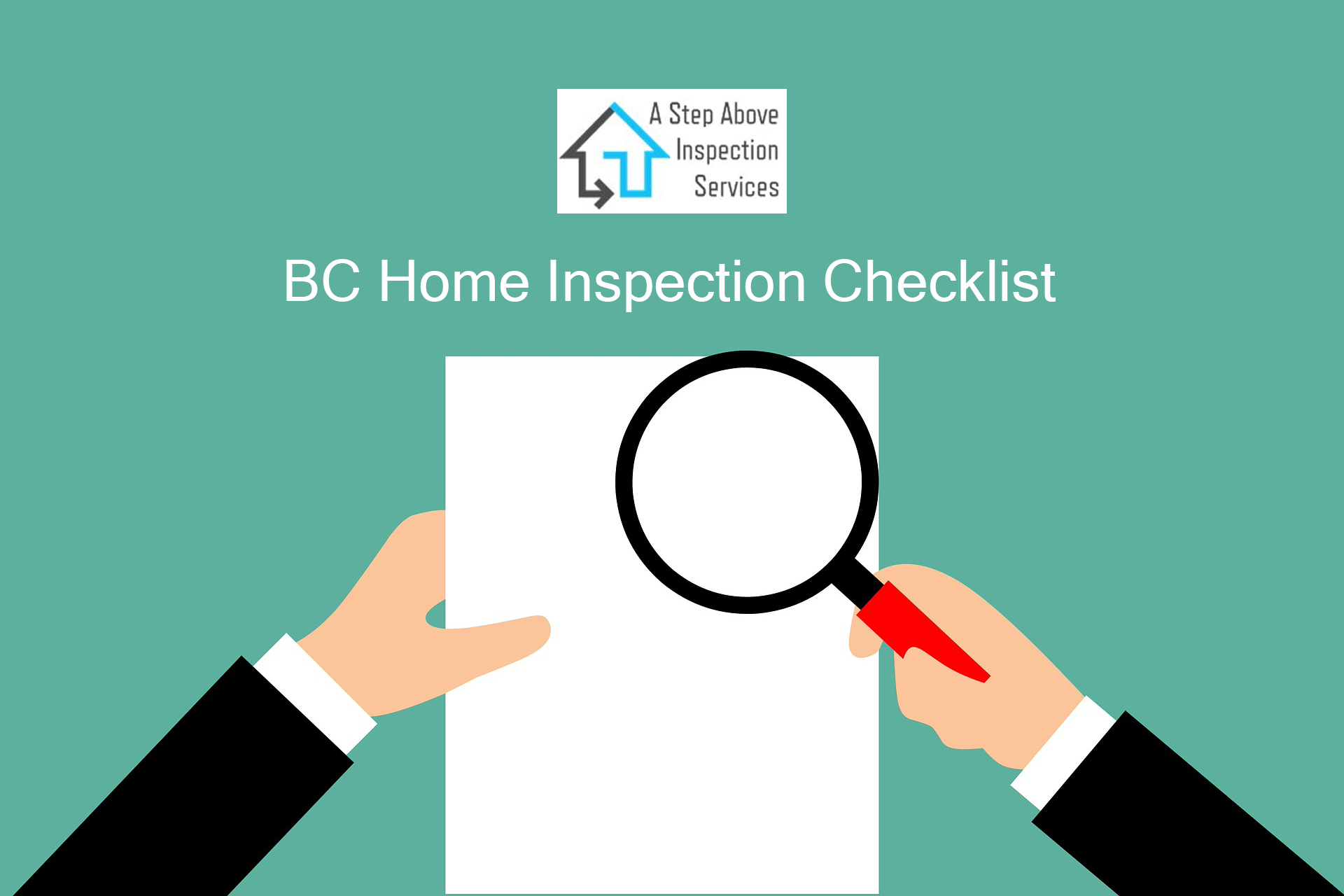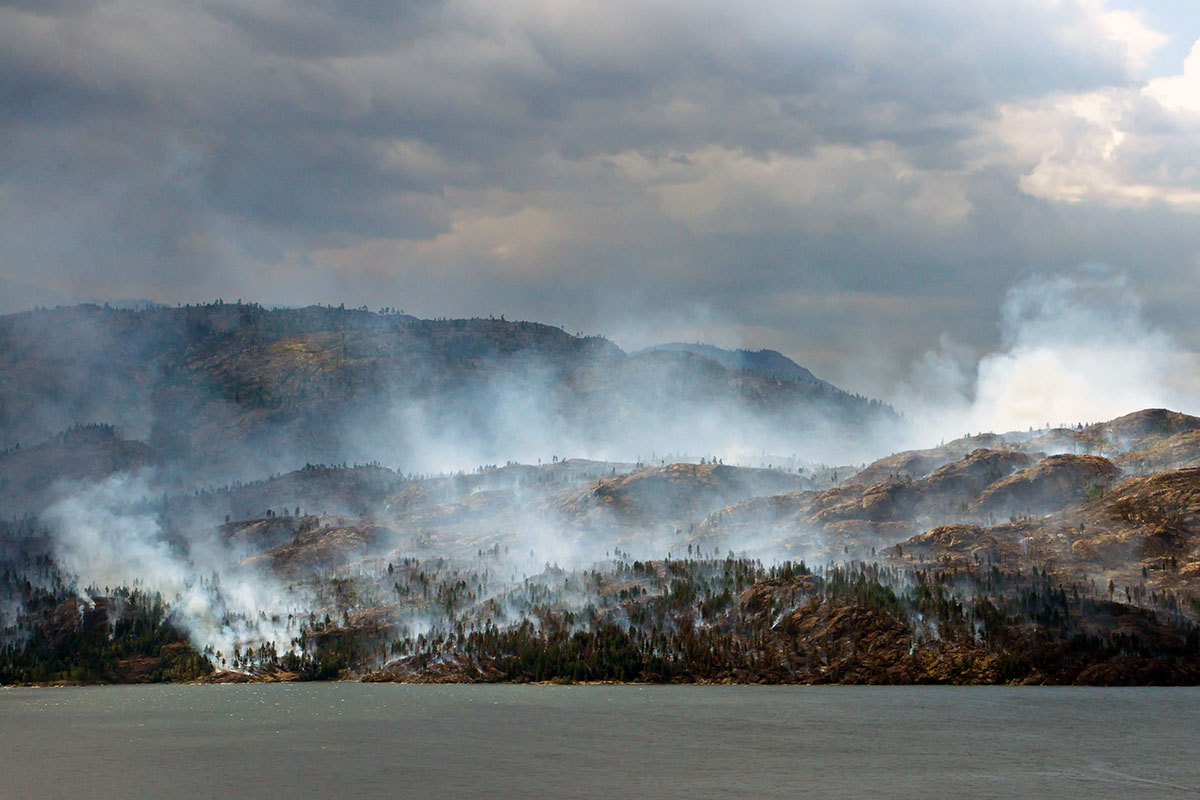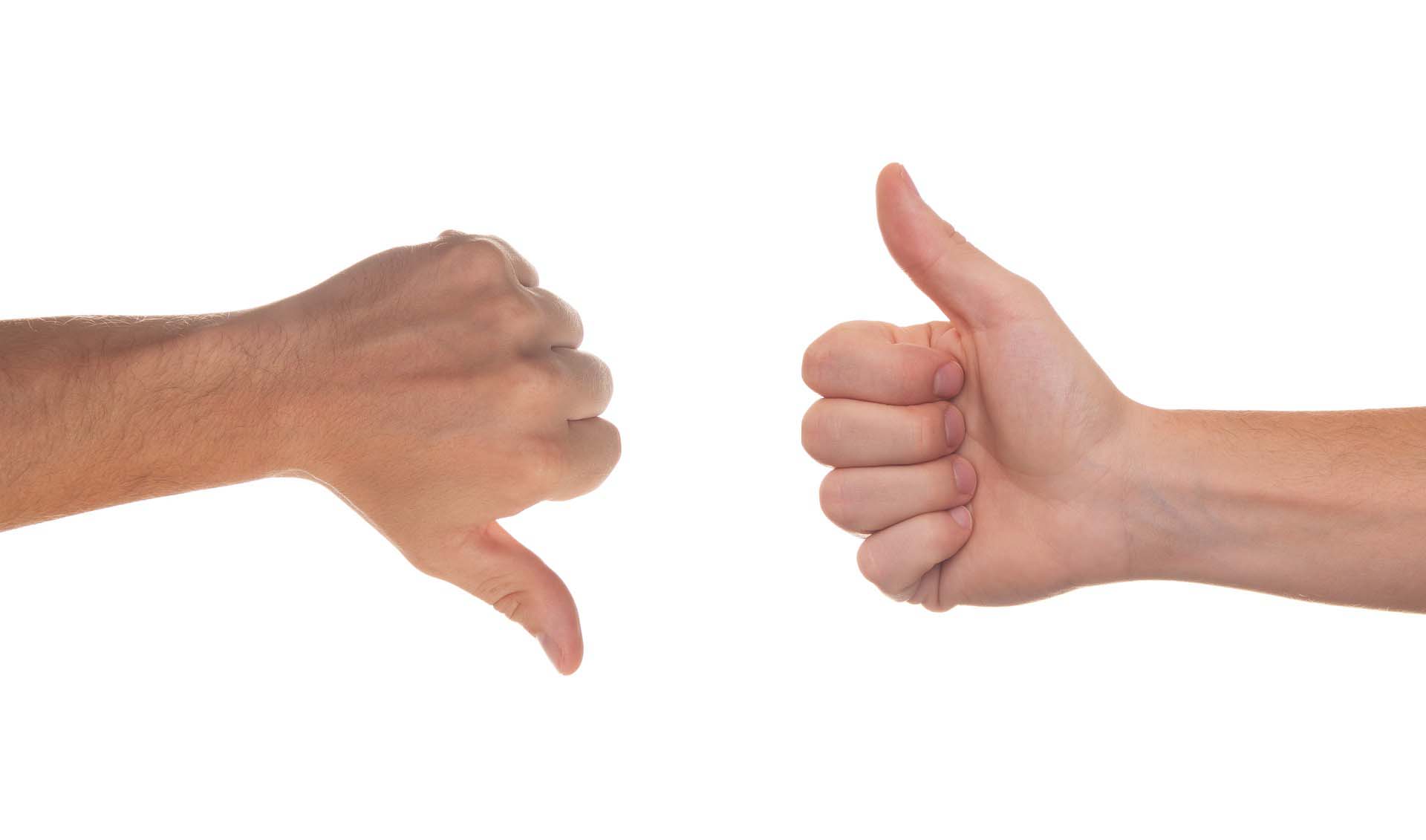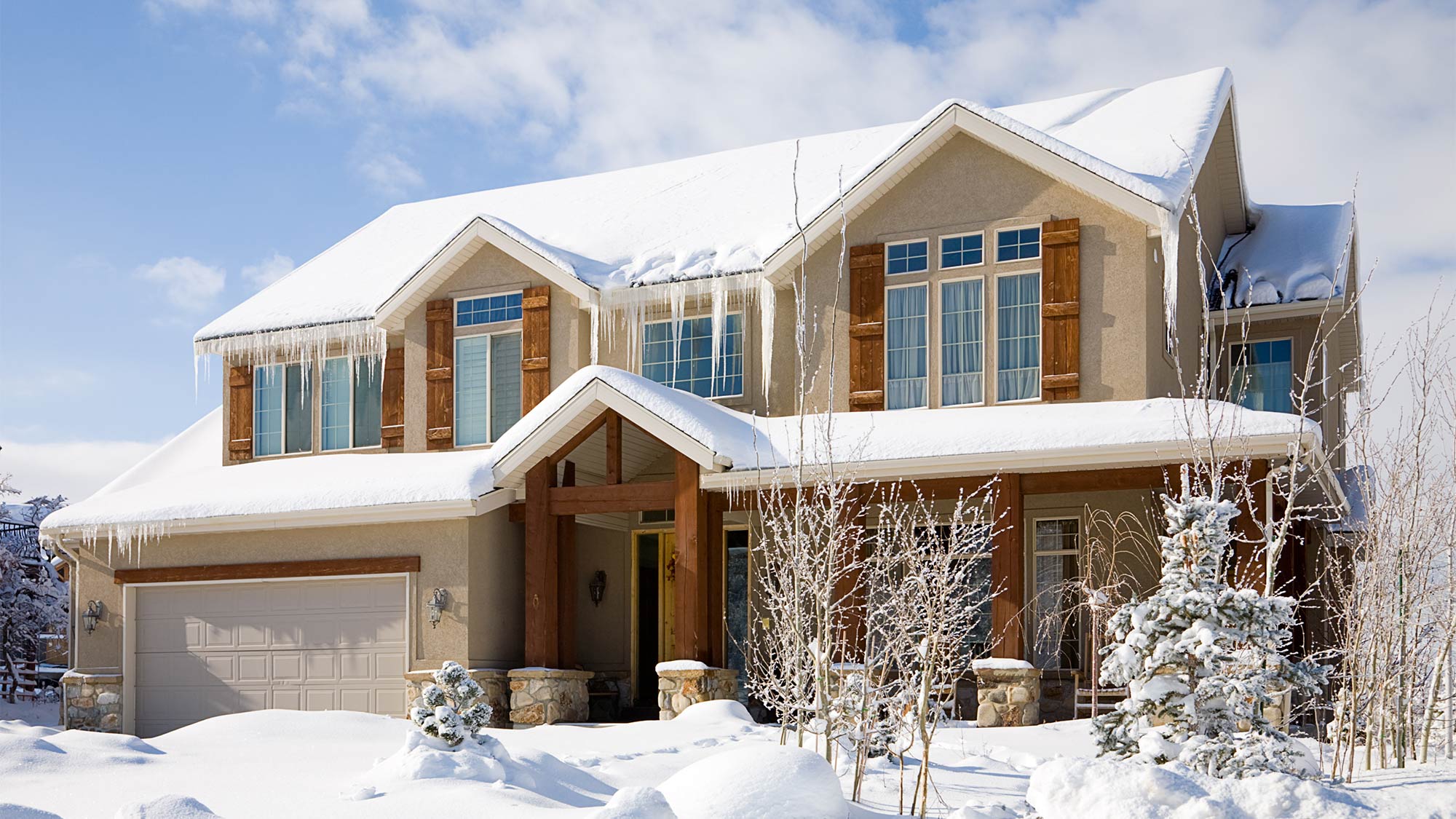Getting a home inspection? Home inspectors play an important role when you’re buying or selling a home. This guide explains what they do and the things they look at during a standard home inspection in British Columbia, Canada.
What do home inspectors do?
The home inspection process involves a visual inspection of a home’s interior and exterior – including the foundation and the roof – to detect problems and make sure all major systems are in working condition. This includes properly examining exterior surfaces, electrical systems, structural, mechanical, and plumbing systems.
What does a home inspector look for?
Professional home inspectors look for both visible and invisible issues throughout the house. Visible issues include problems like discoloration, mold, rotted wood, or cracks. Invisible issues like indoor air quality and radon gas leakage into the basement can only be detected with specialized equipment.
Home Inspection Checklist in British Columbia, Canada
In British Columbia, the Home Inspectors Association BC (HIABC) Scope of Inspection [PDF] states that a certified home inspector,
“shall inspect readily accessible, visually observable installed systems and components of a residential building… including:
- Exterior Systems
- Roofing, Flashings, Penetrations and Chimneys
- Structural…
- Plumbing…
- Electrical…
- Interior components
- Heating, Ventilation and Cooling (HVAC) System
- Fireplaces And Solid Fuel Burning Appliances
- Insulation and Ventilation of Attics, Crawlspaces and Unfinished Basements“
Let’s take a closer look at each section under the BC Scope of Inspection home inspection checklist.
Exterior Systems
- Wall coverings, flashing, and trim
- Doors, garage door, and sidings
- Carport, primary garage
- Decks, balconies, steps, porches, and railings
- Eaves, soffits, and fascias
- Vegetation, property grading, surface drainage
Home Inspectors in BC are not required to inspect fences, window screens, shutters, docks, recreational facilities like pools, tennis courts, or geological conditions.
Roofing, Flashings, Penetrations, and Chimneys
- Roof coverings
- Gutters and drainage systems
- Flashings
- Skylights, chimneys, and roof penetrations
Home inspectors should check to make sure rainwater is landing away from the house and not pooling anywhere on the property. BC Home Inspectors are not required to look at satellite dishes, antennae, and areas of the chimney that are not readily accessible during the inspection process.
Structural
- Visible foundation and framing
- Foundation, floor, wall, ceiling, and roof
Home Inspectors check that the foundation is in good condition with no major cracks or signs that the foundation has moved. Home inspectors check the visible areas of the foundation from the exterior and via the basement or crawl space.
Plumbing
- Test fixtures and faucets are working with adequate water pressure
- Drain, waste, and vent systems
- Water heating equipment and ventilation
- Fuel storage and distribution
- Drainage sumps, sump pumps, and sump piping
Home inspectors should also check under every sink for signs of leaking and water damage.
Electrical
- Service drop, entrance conductors, cables, and raceways
- Main disconnects
- Grounding
- Service panel & electrical panel
- Distribution conductors
- Overcurrent protection devices
- A select number of lighting fixtures, switches, and outlets
- Circuit interrupters
Home inspectors should check every electrical panel to see that wiring was done properly and all appliances meet the legal safety standards.
Interior
- Walls, ceilings, and floors
- Steps, stairways, and railings
- Countertops and some of the installed cabinets
- Windows and doors
Inspectors are not required to check paint, wallpaper, carpeting, home appliances, vacuum systems, or window treatments.
Heating, Ventilation & Cooling (HVAC) System
- Readily accessible components of installed heating, central and through wall cooling equipment (furnace, air conditioning, hot water heater)
- Vents, flues, and chimneys
- Fuel storage and fuel distribution systems
Fireplaces and Solid Fuel Burning Appliances
- Vent system and chimneys
- System components
If the home has wood-burning appliances, make sure you hire a Wood Energy Technology Transfer (WETT) certified inspector. Your home insurance company will most likely require your inspector to have their WETT certification to perform this inspection because it will likely be required by your home insurance company.
Insulation & Ventilation of Attics, Crawlspaces, and Unfinished Basements
- Insulation and vapor retarders in all unfinished spaces
- Attic and foundation ventilation
- Mechanical ventilation systems and ventilation in kitchens, bathrooms, and laundry areas
Home Inspection FAQs
What is a home inspection report?
A home inspection report is a written document that shows the condition of everything the home inspector looks at during the walkthrough. Modern home inspection reports are digital documents with 360 degree photographs, high resolution imagery, and easy sharing features to show contractors, friends, and families.
What’s included in a home inspection report?
Most home inspection reports include general information about the property, a summary of issues, an opinion on everything the inspector looked at, and details about any issues found during the home or condo inspection.
The general information section of a home inspection report tells you the age of the property, the type (house, apartment, townhome, etc), and details about the local water, sewage, & utilities hookups. The report summary provides a brief overview of the condition of each area looked at by the inspector (exterior, foundation, plumbing system, heating, etc).
If the home inspector finds any problems with the house during inspection, the report will include a detailed explanation of the issue including supporting images, video evidence, or digital readings showing air quality or radon gas levels.
How long does a home inspection take?
A thorough Home Inspection usually takes between 2 to 4 hours for a 2,000 to 3,500 sq ft home. Since inspectors need to document every problem found in their inspection, your inspection may take longer if the home is older or in poor condition.
How much does a home inspection cost in BC, Canada?
In British Columbia, Canada, a home inspection costs between $450 to $600 for a 2,000 to 3,500 sq ft home. Home inspectors may charge more if the property is in a remote location and they need to drive a long way to get there. They also charge more if the home has complex systems that require thorough inspection. In Okanagan cities like Kelowna, West Kelowna, Summerland, and Penticton, home inspections cost $500 on average.
Does the buyer or seller pay the home inspector?
In the residential real estate market, the homebuyer usually pays the cost of inspection. If you’re bidding on a home, make sure you have money budgeted to pay for the inspection as soon as your offer gets accepted.
Some home sellers like paying for an inspection before listing it on the market so they understand the fair value of their property – net of required repairs and replacements. The information sellers find out about during inspection helps them optimize their selling price and avoid deal-breaking contract contingencies.
Is a Home Inspection worth it?
A home inspection is one of the most important steps in the home buying process and can save you a lot of money in the long run. If you purchase a home without getting a proper inspection, you could end with problems that cost you tens or hundreds of thousands of dollars. Since a home inspection only costs $450 to $600, it’s definitely worth it to hire a qualified home inspector to make sure everything in the home works correctly and that there are no major problems.
What things fail a home inspection?
Generally speaking, water damage is one of the worst things you can possibly find during a home inspection because it usually indicates other problems that need repair. Problems related to water damage include mold & mildew buildup, rotting that can cause structural problems, and faulty plumbing or appliances.
The most common areas of a home that fail an inspection in BC and make buyers walk away are the foundation, roof, plumbing, electrical, and HVAC systems:
- Cracked or uneven foundation that leads to problems elsewhere in the house
- Roof defects
- Plumbing systems with Poly B pipes that eventually crack or aging septic systems
- Old aluminum wiring that can overheat and cause fires
- Low quality contract work or DIY renovations
Why Your Real Estate Agent Should Insist on Hiring a Home Inspector
When you buy or sell a home, you’ll sign a purchase contract that specifies the terms of the sale. Almost every purchase contract includes a home inspection contingency clause that gives the buyer the option to walk away from the deal if the home inspection reveals major problems.
To avoid having a deal fall through, your real estate agent should insist on getting a home inspection before finalizing a deal.
Summing Up
Hire a professional home inspector to properly inspect your home with a full home inspection checklist and go over the inspection report with you. This will give you peace of mind knowing that the home is in good condition and won’t lead to surprise costs in the future.Before selling or buying a home, you should get a thorough inspection by a qualified home inspector to make sure everything is in good condition and give you peace of mind that no unexpected repairs will come up. Even new homes can have problems that can only be recognized by an experienced Home Inspector.
Looking for a licensed and accredited home inspector in the Okanagan Valley?
Get an inspection that’s A Step Above the rest.
With over 130+ glowing reviews, A Step Above Inspections is one of the top-rated home inspection companies in the Okanagan Valley.
Our team of expert inspectors is dedicated to providing the highest quality home inspections to clients in Penticton, Summerland, West Kelowna, and Kelowna, British Columbia.
Using the latest thermal and digital imaging technologies, we provide you with a comprehensive report of the home’s condition, which you can access electronically or in print.
Contact us today to schedule your residential home inspection, commercial building inspection, air quality test, radon gas inspection, WETT inspection, or pool inspection.
Whether you’re a first-time homebuyer or a seasoned real estate investor, we’ll help you make an informed decision about your next property investment.
